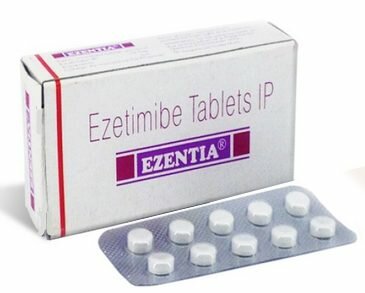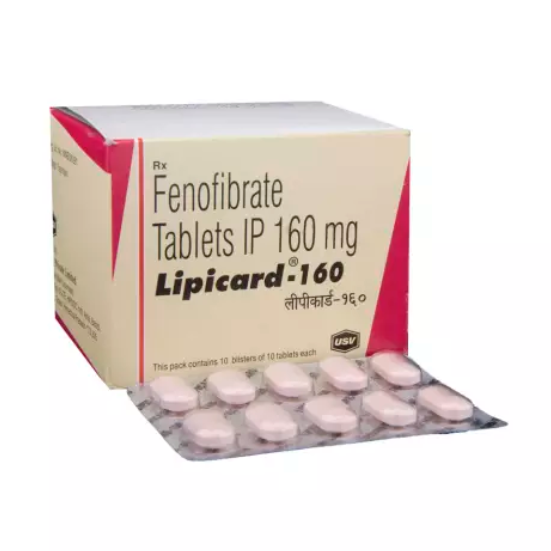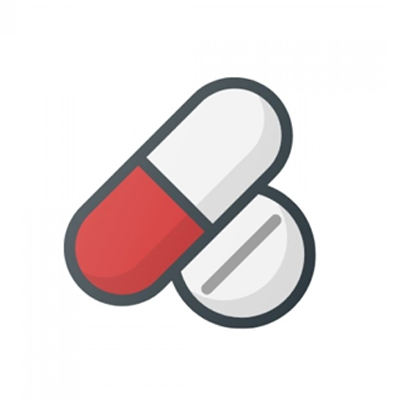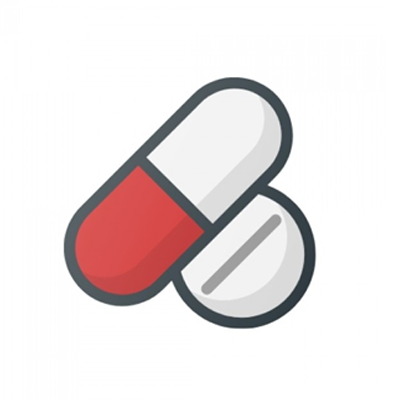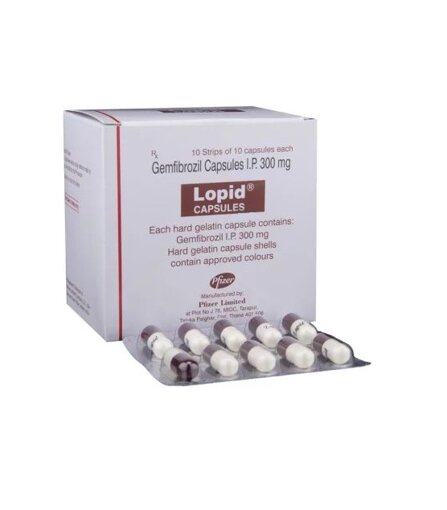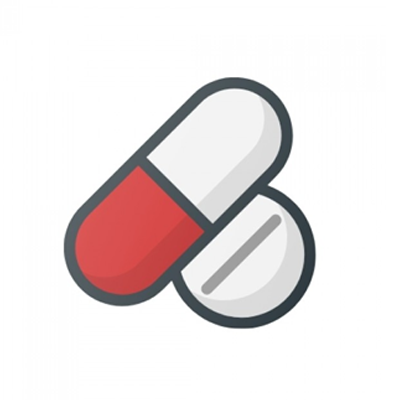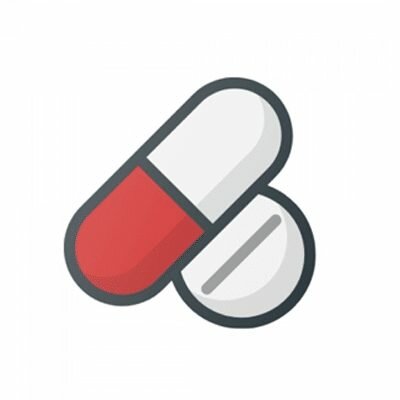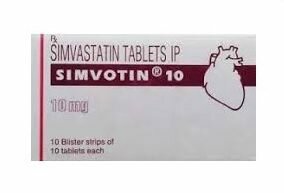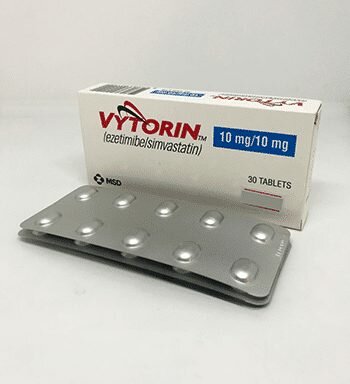Cholesterol
Showing all 10 results
Which Medicines Lower “Bad” (LDL) Cholesterol?
The Most Common Cholesterol Meds: Statins
These are usually the first type of drugs that doctors prescribe to lower LDL. They also lower triglycerides, which are another type of blood fat, and mildly raise your “good” (HDL) cholesterol.
- Atorvastatin (Lipitor)
- Fluvastatin (Lescol)
- Lovastatin
- Pitavastatin (Livalo)
- Pravastatin (Pravachol)
- Rosuvastatin calcium (Crestor)
- Simvastatin (Zocor)
Studies show that statins lower the chance of a “cardiovascular event” such as a heart attack.
Side effects can include intestinal problems, liver damage (rare), and muscle inflammation. According to the FDA, high blood sugar and type 2 diabetes may also be more likely with statins, although the risk is “small” and the benefits outweigh the risks.
Niacin
What it is: This B-vitamin, also known as nicotinic acid, is found in food but is also available at high doses by prescription. It lowers LDL cholesterol and raises HDL cholesterol.
Examples include:
- Niaspan
- Nicobar
Research has not shown that adding niacin when you already take a statin further lowers your risk of heart disease.
Side effects: The main ones are flushing, itching, tingling, and headache.
Drugs that Work in Your Intestine
What they are: Your doctor may call these “bile acid resin” drugs or “bile acid sequestrants.” The work inside your intestine. They attach to bile from the liver and prevent it from being absorbed back into your blood. Bile is made largely from cholesterol, so these drugs whittle down the body's supply of cholesterol.
Ref. https://www.webmd.com/cholesterol-management/guide/cholesterol-lowering-medication#1

